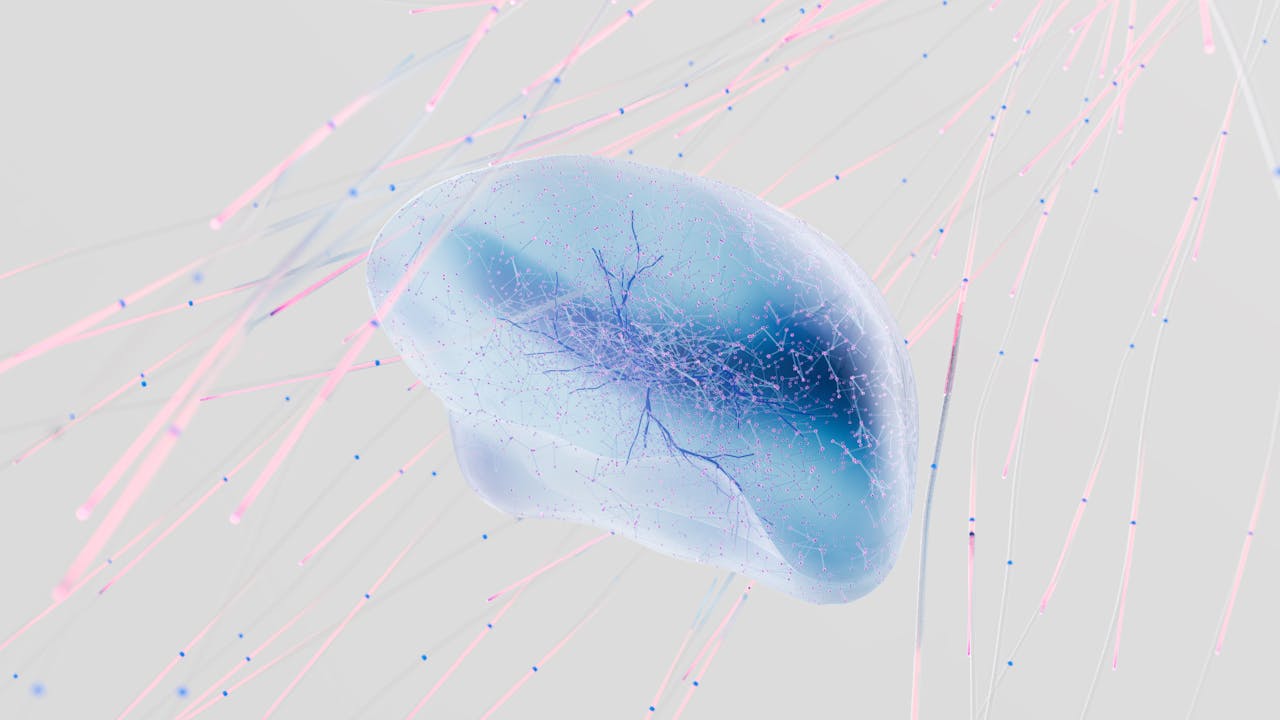News
Study Finds ‘Crack Babies’ Do Not Suffer from Long-Term Health Issues
During the 1980s and 1990s in the United States, the illegal drug, crack cocaine, was the center of a nationwide epidemic. Due to the fact that a lot of people were addicted to crack cocaine particularly pregnant women, the fear of 'crack babies' grew and continued to grow till this day. Crack babies were infants of addicted mothers who were most likely abusing the substance at the time of their pregnancies. This prenatal exposure led to the belief that a generation of children with health issues and complications from crack was born. However, a new study published today refuted the assumption that crack babies could suffer long-term health issues. This study, led by pediatrics researcher, Dr. Maureen Black from the University of Maryland, found that the evidence at that time behind crack exposure and infants' long-term health woes was insubstantial.
During the 1980s, babies born to mothers addicted to the drug tended to have smaller heads and abnormal jitteriness. These side effects spearheaded the nationwide campaigns regarding crack babies. The fear of crack babies was evident through media headlines that linked the effects of crack exposure during pregnancy and infants' debilitating health, even though there was no concrete proof that one led to the other. The researchers today looked at 27 previous studies that researched children between the ages of 11 and 17 who were exposed to crack when they were still in the wombs of their mothers. The data were composed of over 5,000 children who lived in low-income homes and were mostly from African American and urban families.
The research team found that some of the studies concluded that the exposed children had lower developmental test scores in comparison to children who were not exposed. Other studies attributed these low scores to environmental issues, such as violence and found that children with the same environmental issues but were not exposed to crack also had low scores. None of the studies were able to find long-term side effects of crack exposure after infancy. Due to the inconsistency behind the studies, the researchers concluded that the crack babies' scare during the 1980s and 1990s was dramatized and overblown by media.
Despite this conclusion, the researchers and the government agency, the National Institute on Drug Abuse have stated that studying the effects of drug abuse during pregnancy is difficult since there are multiple factors that could contribute to health issues. It would be hard to single out drug exposure in a study when other factors, such as prenatal care and environment play huge roles during a baby's growth.
The study was published in Pediatrics.









Join the Conversation